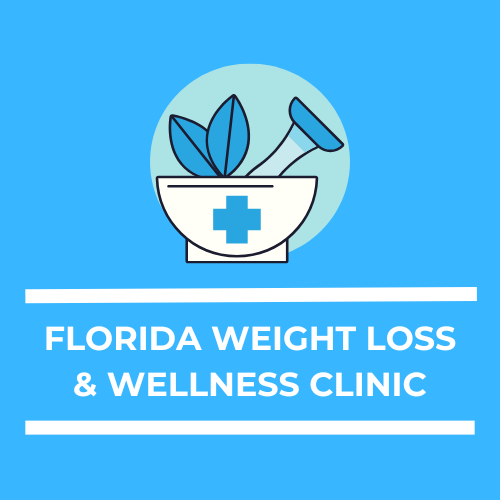A vegetarian diet focuses on plant-based foods, excluding meat, poultry, and seafood.
Key Aspects of a Vegetarian Diet:
- Emphasis on Plant-Based Foods: The core of a vegetarian diet is built around fruits, vegetables, whole grains, legumes (beans, peas, lentils), nuts, and seeds.
- Variations: There are different types of vegetarian diets, depending on the degree of restriction.
- Nutritional Considerations: While a well-planned vegetarian diet can be nutritionally adequate, it’s essential to ensure adequate intake of certain nutrients.
Types of Vegetarian Diets:
- Vegan: Excludes all animal products and byproducts, including dairy and eggs.
- Lacto-vegetarian: Includes plant-based foods and dairy products.
- Lacto-ovo vegetarian: Includes plant-based foods, dairy products, and eggs.
- Pescatarian: Includes plant-based foods and seafood.
- Semi-vegetarian: Primarily plant-based, but may include occasional meat or fish, typically white meat.
Potential Benefits of a Vegetarian Diet:
- Improved Heart Health: Lower risk of heart disease and related conditions.
- Reduced Risk of Type 2 Diabetes: Lower risk of developing type 2 diabetes.
- Weight Management: Can help achieve and maintain a healthy weight.
- May reduce risk of certain cancers
Potential Drawbacks of a Vegetarian Diet:
- Risk of Nutrient Deficiencies: May require careful planning to ensure adequate intake of nutrients like vitamin B12, iron, calcium, and omega-3 fatty acids, especially for vegans.
- Social Challenges: Dining out or in social settings can present challenges.
Important Nutrients to Consider:
- Vitamin B12: Primarily found in animal products, requiring supplementation or fortified foods for vegans.
- Iron: Plant-based iron is not as readily absorbed as heme iron from animal sources, necessitating attention to iron-rich foods and pairing with vitamin C.
- Calcium: Important for bone health; if dairy is excluded, seek out other sources like fortified plant-based milks or dark green vegetables.
- Omega-3 Fatty Acids: Primarily found in fish; vegans and those who don’t consume fish should consider algae-based supplements or focus on ALA-rich sources like flaxseed, walnuts, and canola oil.
- Protein: Can be obtained from plant-based sources like legumes, tofu, nuts, and seeds, but variety is important.
- Vitamin D: Found in some fortified foods and obtained through sun exposure; supplementation may be necessary, especially for vegans.
Planning a Vegetarian Diet:

- Variety is Key: Incorporate a diverse range of plant-based foods to meet nutritional needs.
- Consider Supplements: Especially for vegans, supplementation for vitamin B12 and other nutrients may be necessary.
- Read Labels: Be aware of hidden animal products or byproducts in processed foods.
- Consult a Registered Dietitian: A dietitian can provide personalized guidance and meal planning support.
